Folic Acid For Hair Growth: 4 Proven Benefits & Tips
Give your hair appropriate nourishment by using this form of B vitamin correctly

Image: shutterstock.com
Many products, treatments, and procedures claim to work wonders for your hair. While the majority of them are completely false and produce little to no impact, there are a few that may radically revolutionize your hair game, and folic acid is one of them. But does folic acid work for hair growth? Let’s find out! Folic acid is a synthetic version of the B vitamin folate and can boost hair growth in many ways. This post will look at how folic acid can help with hair development. Keep reading.

 Know Your Ingredient: Folic Acid
Know Your Ingredient: Folic AcidWhat Is It?
A synthetic version of vitamin B folate.
What Are Its Benefits?
It facilitates hair tissue growth, boosts cell generation, and stimulates natural hair growth.
Who Can Use It?
It can be used by most adults, except those who are allergic to it, have low vitamin B12 levels, or have pernicious anemia.
How Often?
Minimal amounts daily.
Caution
Excessive intake might cause stomach upset, nausea, diarrhea, and skin reactions.
In This Article
What Is Folic Acid?
Vitamin B9 or folate is an essential nutrient vital for the efficient functioning of the human body
(1). It is a water-soluble vitamin whose deficiency can lead to a host of health problems, which may include hair loss and stunted hair growth (2), (1).
It is found in plenty of foods and green leafy vegetables and is an easy nutrient to come by when looking for natural solutions for hair loss. Folic acid is the synthetic form of folate and is available only as supplements and fortified foods.
A study conducted on 1285 women found that only 13.1% of women take folic acid supplements overall, out of which only 65.3% of them take it regularly. It was further noted that 91.1% of women were not aware of the correct dosage and 43% did not know the role folic acid played in the body.
Key Takeaways
- Include folic acid-rich foods in your diet like French beans and capsicum. They will help you grow and strengthen your hair.
- You can combine folic acid with biotin to see effective hair growth results.
- Zinc deficiency can be a reason for hair loss. Try eating foods rich in zinc like nuts, spinach, and chickpeas to reduce hair fall.
- Knowing folic acid benefits, spotting deficiency signs, and adding it to your diet can greatly improve your hair health.
Is Folic Acid Good For Hair Growth?

Regular consumption of folate or folic acid facilitates tissue growth and also allows cells to function smoothly (1). The unhindered growth of tissues is essential when concerned with skin, nail, and hair growth.
The vitamin has been shown to boost healthy cell generation, and therefore, it can stimulate natural hair growth in both men and women. A recent study has established that folate levels tend to be low in people with alopecia areata (3).
Here are the different ways in which folate can benefit your hair:
- Folate helps in metabolizing protein, fat, and carbohydrates (1). It helps to cater to the absorption of different nutrients within the human body. In this way, the hair follicles receive their required nutrition from the consumed foods.
- It helps in the proper synthesis of DNA nucleotides and amino acids (4). These help in hair nourishment by strengthening the follicles and add shine and hair thickness.
- The deficiency of folic acid may cause premature graying (5). Hair discoloration happens as a result of a process called megaloblastic anemia, where the production of red blood cells increases abnormally. Regular consumption of folic acid helps to normalize this overproduction of the red blood cells.
- As folic acid speeds up cell division, it can help boost hair growth.
However, it is important to note that there is no scientific evidence that links folic acid directly with hair growth. All the purported folic acid benefits listed above are based on research done on other functions of it.
Biotin and folic acid are two vitamins that are often associated with hair growth and overall hair health. But is one of them better for hair growth than the other? Let us find out.
Biotin Vs. Folic Acid For Hair Growth
Biotin is often promoted for its hair, skin, and nail benefits, whereas folic acid is not as popular for the same. However, when it comes to hair growth, both of them have limited studies that prove their effectiveness. Moreover, research states that biotin can only aid hair growth if you have a biotin deficiency, which is rare in individuals who follow a balanced diet (6). Since research on both of these nutrients is limited, it is best to consult your doctor before consuming either of them.
King Bril, a male health beauty and fitness YouTuber, observed the effect of biotin supplements on his hair: “For the first month of using it, I didn’t see any growth at all, and I couldn’t understand why it wasn’t working. Looking back, I know it was because I wasn’t drinking [enough] water. The next month I decided to give it another try, and I drank a lot more water. I think this has done wonders for my hair (i).”
So, can you use folic acid with biotin or any other nutrient for optimal hair growth? Check out the next section to find out.
How To Use Folic Acid For Hair Growth
While folate (and folic acid) is good for your hair, it alone cannot help stimulate hair growth.
1. Folic Acid And Biotin For Hair Growth

Most hair care supplements boast of having biotin in them. But what does science say about it? While a few cases of biotin deficiency has resulted in hair loss, there isn’t enough research to support that it helps with hair growth. It does help in improving hair quality.
A study showed that when supplied with biotin, hair and nails had improved quality, which they lacked due to a biotin deficiency. In the same study, people with alopecia were treated with biotin, which improved it (2).
While there isn’t much research that suggests folic acid and biotin work together, they are often used together in vitamin B complex tablets. These vitamins are hair food that will boost the rate at which your hair grows. You will notice a visible improvement in hair quality within a couple of months of starting the supplements.
However, it is vital that you consult a healthcare professional before you start taking any multivitamin supplements. Eggs, nuts, whole grains, meat, and legumes are food sources that are rich in biotin (6).

If you are skeptical about supplements, you can always turn to natural food sources of the vitamin. Not only will you be consuming healthier foods, but you will also be less likely to incur side effects that come with supplements.
The best sources for folate are usually fruits and green leafy vegetables (7). These include citrus fruits, dried beans, and leafy green vegetables like spinach. Capsicum, French beans, broccoli, and chilies are also richly found in these folic acid foods (7). Some other foods fortified with this essential nutrient include bread, cereals, rice, pasta, flours, and other multigrain products.
 Quick Tip
Quick Tip3. Folic Acid And Zinc For Hair Growth

If you have a hair loss problem that is stemming from the deficiency of zinc, increasing your intake of zinc may boost hair growth (2). The use of pyrithione zinc showed an increase in hair growth (8). However, you must always get a proper diagnosis before you start taking any mineral-rich supplements.
Eggs, nuts, oysters, spinach, chickpeas, and sweet potatoes are some great natural food sources of zinc that you can add to your diet (9).
 Quick Tip
Quick TipThe Recommended Daily Allowance Of Folic Acid
Folic acid is the synthetic form of folate, which plays an essential role in various bodily functions. Folic acid deficiency may lead to stunted hair growth and hair loss. Consuming foods high in folic acid or supplements may reduce hair loss and improve overall hair health. Check out the infographic below for the recommended daily allowance for folic acid.
Some thing wrong with infographic shortcode. please verify shortcode syntax
Folic acid is a synthetic version of vitamin B12 that is popularly available as supplements and in fortified foods. Studies suggest that regular consumption of folic acid may boost hair growth, help with hair strengthening, and hair follicles, and add shine and volume to the hair. Since folic acid alone cannot produce visible results, you can eat it with biotin supplements to combat hair fall. Additionally, you can eat foods such as broccoli, beans, pasta, or multigrain products to obtain folic acid for hair growth. Consult a doctor before taking any nutritional supplements.
Frequently Asked Questions
Should I take folic acid as a prenatal vitamin for hair growth?
Folic acid not only improves hair health, but it also serves as an amazing prenatal vitamin. Having folate in your system before and during pregnancy can help ensure that the baby develops without any defects.
Studies also show that taking the vitamin for a year before conceiving can also reduce the chances of preterm delivery by 50% (10). A regular intake of 400 micrograms of folic acid can go a long way in ensuring your offspring’s health (11). But you must make it a point to consult a doctor before you start taking any supplements.
What much folic acid should I take?
For adults, the ideal dosage of folic acid is 400 mg a day. The consumption limit should not exceed the limit of 1000 mcg a day (11) However, an expecting mother or a lactating mother may intake 600 mg to 800 mg folic acid every day for overall well-being.
It is always safe and best to opt for the natural food ingredients to fulfill the deficiency of folic acid. If it is not possible, one should seek advice from an expert about the daily recommended dose of folate.
Can I get enough folic acid by changing my diet?
Yes, by consuming foods rich in folate, you can get enough folic acid. Since the ideal dosage of folate is 400 micrograms per day, including foods like bagels, rice, spinach, and asparagus in your meals on a daily basis can help you meet your recommended daily folate intake.
Can taking folic acid supplements have any interactions with any medications?
Yes, folic acid supplements may interact with other medications and affect the way other medicines work. They can interact with the medications that are used to treat seizures (12).
Can folic acid supplementation have any impact on the texture or color of hair?
No, there is no scientific evidence that can prove folic acid supplementation has an impact on hair texture or color.
Illustration: Folic Acid For Hair Growth: Benefits And How To Use It
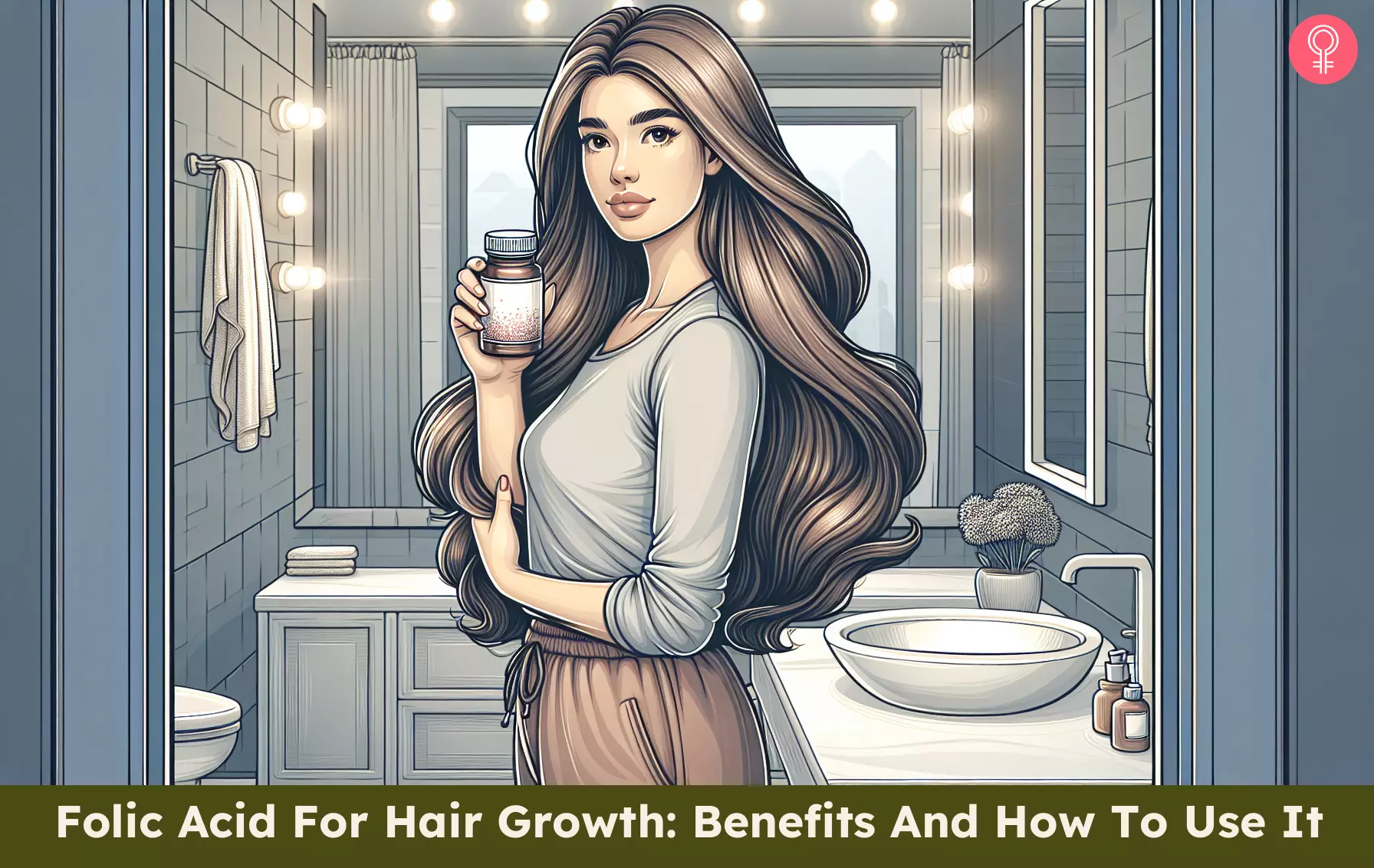
Image: Dall·E/StyleCraze Design Team
Did you know folic acid is essential for healthy hair growth? Watch this video to learn how it helps, and the benefits of its intake for your hair.
Personal Experience: Source
StyleCraze's articles are interwoven with authentic personal narratives that provide depth and resonance to our content. Below are the sources of the personal accounts referenced in this article.
i. How Biotin Helped My Hair Grow 8 inches Fast!;https://www.youtube.com/watch?v=zs7MAcp29bE
References
Articles on StyleCraze are backed by verified information from peer-reviewed and academic research papers, reputed organizations, research institutions, and medical associations to ensure accuracy and relevance. Read our editorial policy to learn more.
- Folate, Dietary Reference Intakes for Thiamin, Riboflavin, Niacin, Vitamin B6, Folate, Vitamin B12, Pantothenic Acid, Biotin, and Choline, US National Library Of Medicine, National Institutes Of Health.
https://www.ncbi.nlm.nih.gov/books/NBK114318/ - The Role Of Vitamins And Mineral In Hair Loss: A Review, Dermatology And Therapy,US National Library Of Medicine, National Institutes Of Health
https://www.ncbi.nlm.nih.gov/pmc/articles/PMC6380979/ - The Role Of Micronutrients In Alopecia Areata: A Review, American Journal Of Clinical Dermatology, US National Library Of Medicine, National Institutes Of Health
https://www.ncbi.nlm.nih.gov/pmc/articles/PMC5685931/ - The Essentiality Of Folate For The Maintenance Of Deoxynucleotide Precursor Pools, Dna Synthesis, And Cell Cycle Progression In Pha-stimulated Lymphocytes, Environmental Health Perspectives, US National Library Of Medicine, National Institutes Of Health.
https://www.ncbi.nlm.nih.gov/pmc/articles/PMC1519435/ - Prospective Analytical Controlled Study Evaluating Serum Biotin, Vitamin B12, and Folic Acid in Patients with Premature Canities, International Journal Of Trichology, US National Library Of Medicine.
https://www.ncbi.nlm.nih.gov/pmc/articles/PMC5514791/ - Biotin, Office Of Dietary Supplements, US Department Of Health And Human Services, National Institutes Of Health.
https://ods.od.nih.gov/factsheets/Biotin-HealthProfessional/ - Folate, Office Of Dietary Supplements, US Department Of Health And Human Services, National Institutes Of Health.
https://ods.od.nih.gov/factsheets/Folate-Consumer/ - The Effects Of Minoxidil, 1% Pyrithione Zinc And A Combination Of Both On Hair Density: A Randomized Controlled Trial, British Journal Of Dermatology, ResearchGate.
https://www.researchgate.net/publication/229722597_The_effects_of_minoxidil_1_pyrithione_zinc_and_a_combination_of_both_on_hair_density_A_randomized_controlled_trial - Zinc, Office Of Dietary Supplements, US Department Of Health And Human Services, National Institutes Of Health.
https://ods.od.nih.gov/factsheets/Zinc-HealthProfessional/ - Preconceptional Folate Supplementation and the Risk of Spontaneous Preterm Birth: A Cohort Study, PLOS Medicine.
https://journals.plos.org/plosmedicine/article?id=10.1371/journal.pmed.1000061 - Folic Acid in Pregnancy
https://americanpregnancy.org/healthy-pregnancy/pregnancy-health-wellness/folic-acid/ - Phenytoin-folic acid interaction
https://pubmed.ncbi.nlm.nih.gov/8520091/
Read full bio of Melissa Neubeck
Read full bio of Anjali Sayee
Read full bio of Ramona Sinha
Read full bio of Monomita Chakraborty






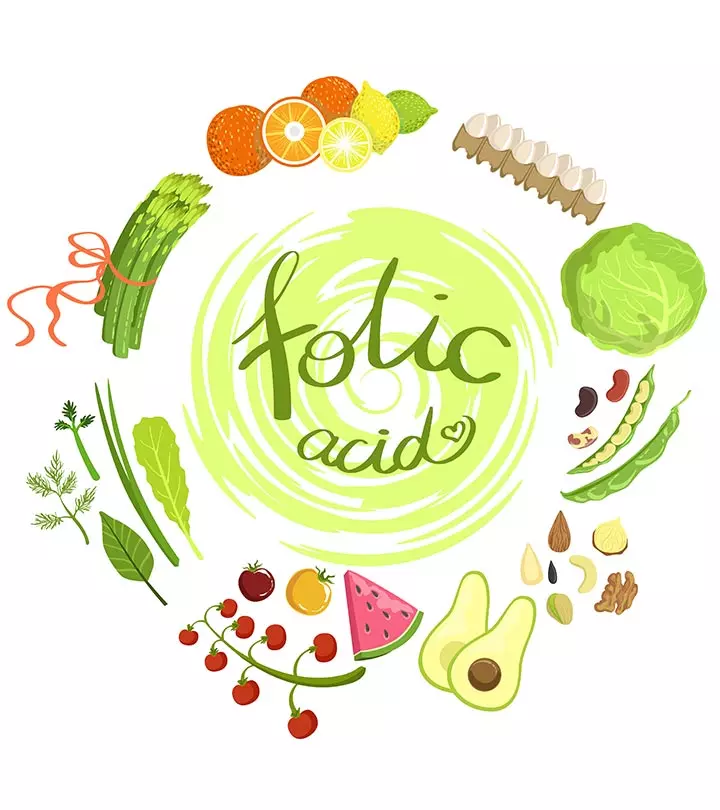
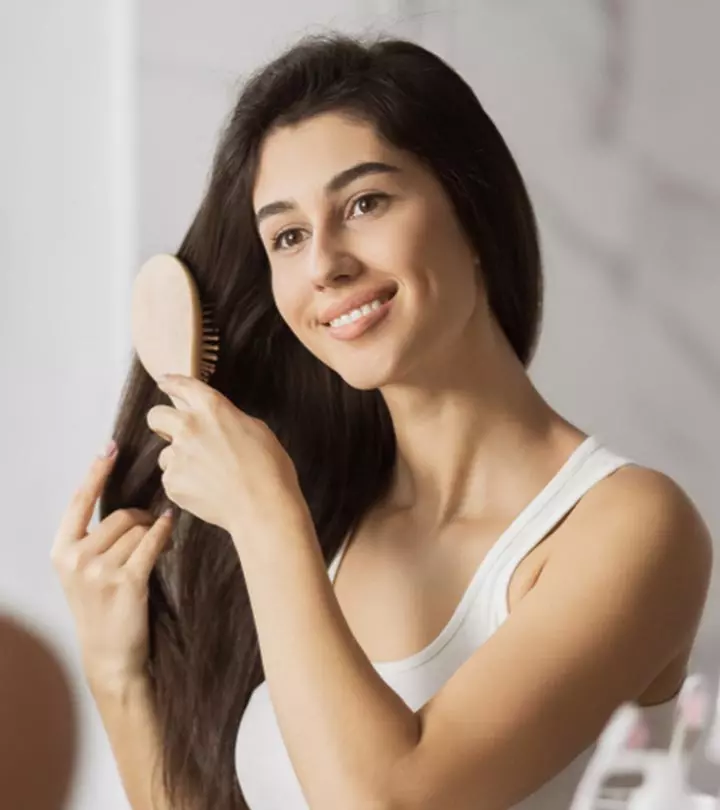
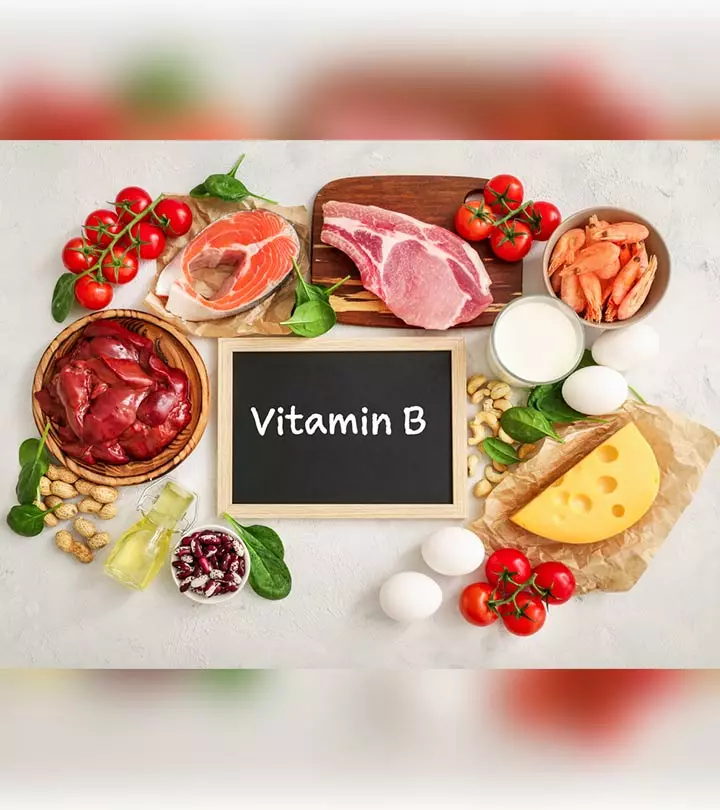

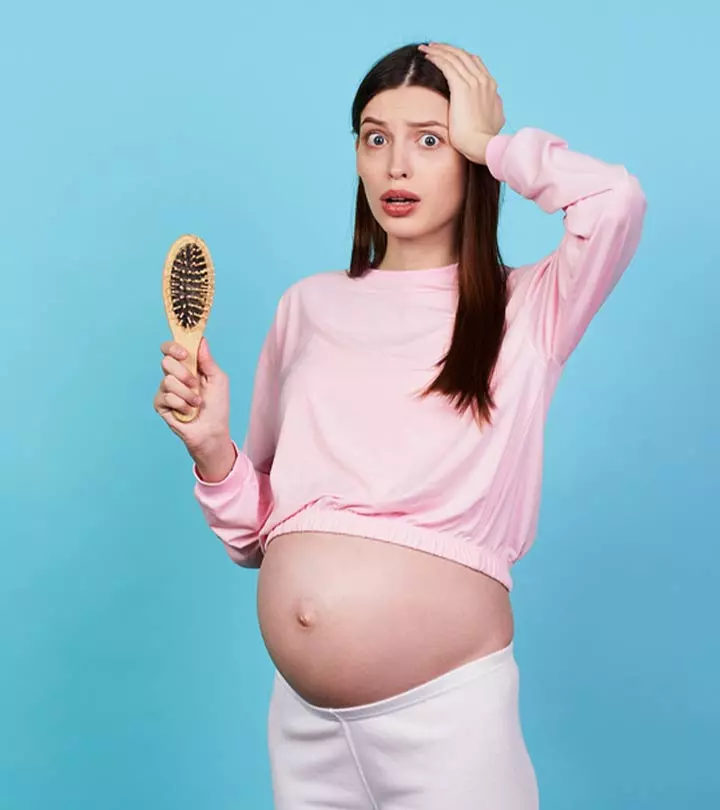

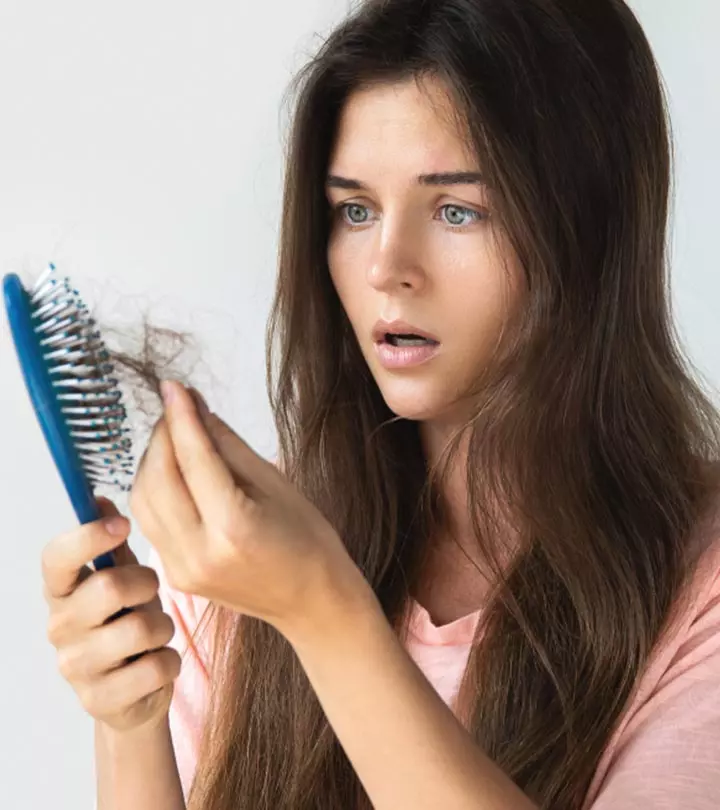
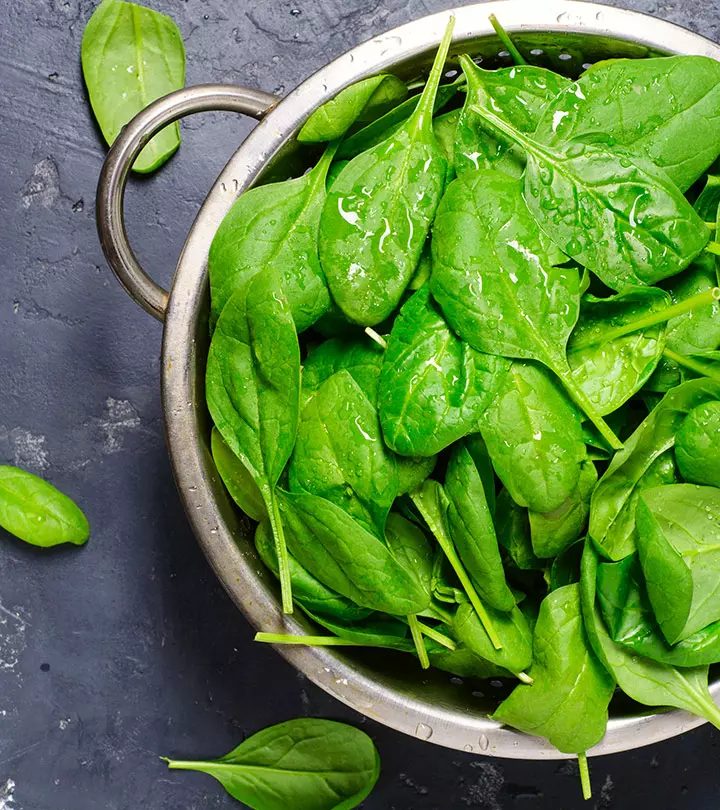

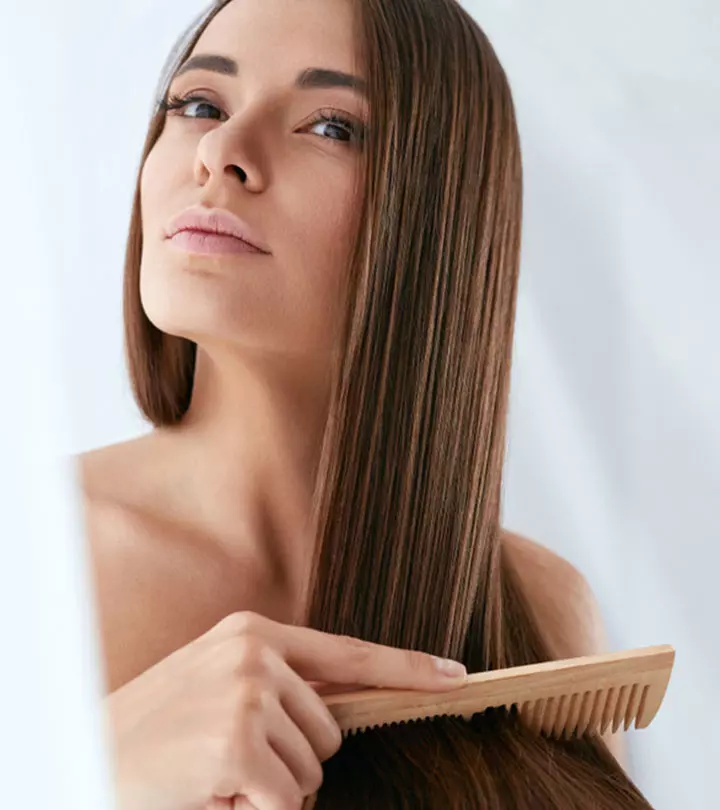

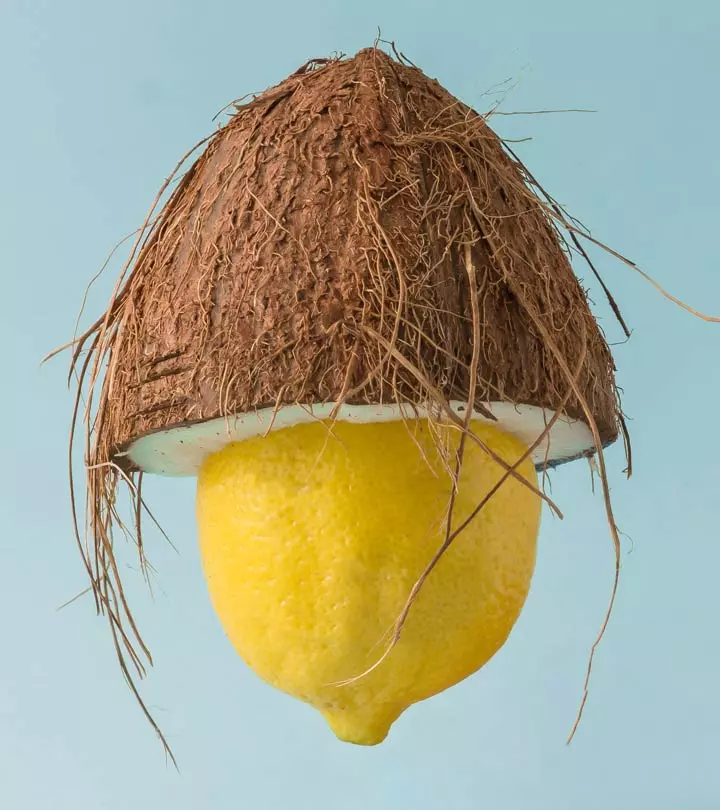




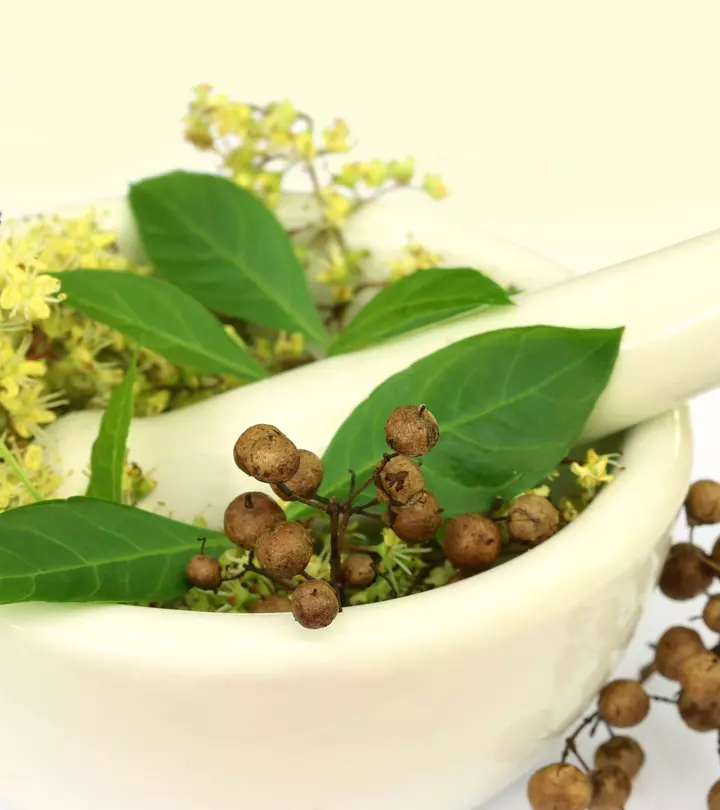


Community Experiences
Join the conversation and become a part of our empowering community! Share your stories, experiences, and insights to connect with other beauty, lifestyle, and health enthusiasts.